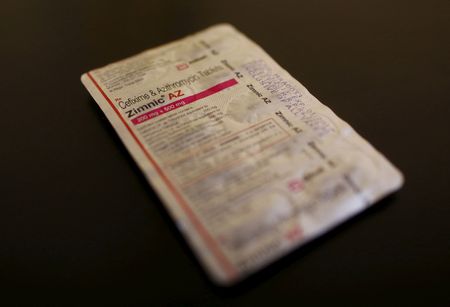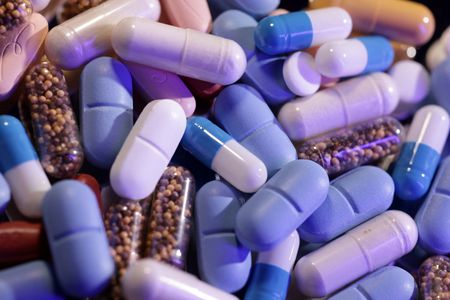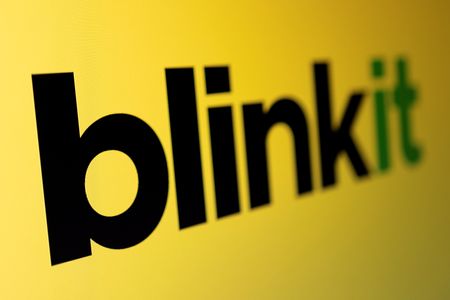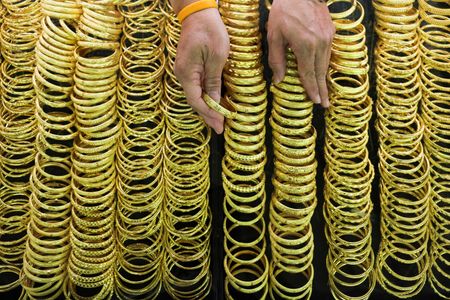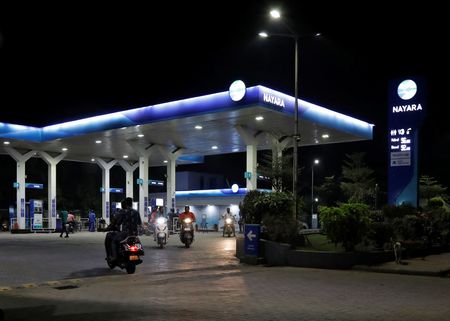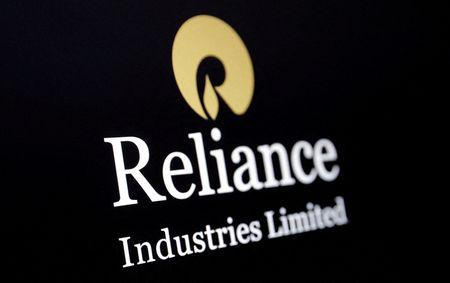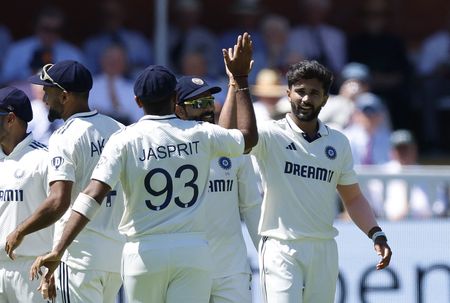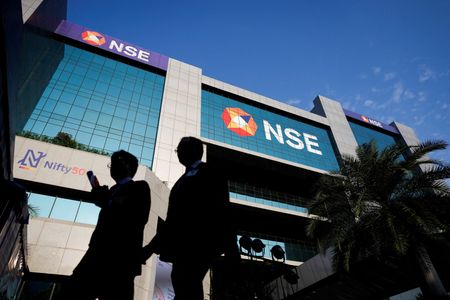By Rishika Sadam
HYDERABAD (Reuters) – (This Feb.20 story has been corrected to say that generic drugs overall, not just those supplied by Indian drugmakers, resulted in $408 billion in savings for the U.S. healthcare system, in paragraph 10)
Indian drugmakers are hoping that bilateral discussions between the country and the United States will help them steer clear of President Donald Trump’s plan to levy at least 25% tariffs on pharmaceutical imports, a trade association said.
India, which calls itself the ‘pharmacy of the world’, makes cheaper generic versions of complex innovative drugs in its massive factory clusters and exports them to over 200 countries, of which the U.S. is its biggest market, government data shows.
“This (tariff) matter will be discussed through bilateral engagements between the two countries and further steps will be determined accordingly,” Sudarshan Jain, secretary general of the Indian Pharmaceutical Alliance (IPA), said in a statement on Wednesday.
“We are confident that continued dialogue among stakeholders will help address the subject.”
The IPA represents some of India’s biggest drugmakers, including Sun Pharmaceutical, Dr Reddy’s, Cipla and Zydus Lifesciences, and the local units of U.S. firms such as Abbott.
Earlier this week, Sun Pharma Managing Director Dilip Shanghvi told local media that the tariffs, if imposed, will be passed on to consumers.
In fiscal 2024, exports to the U.S. were worth $8.7 billion, or about 31% of total pharma exports, data from government-backed trade body Pharmexcil showed. Trump’s tariff threat sent shares of Indian drugmakers sliding on Wednesday.
“The government will certainly have discussion about the changing situations and try to bring the best possible solution,” Pharmexcil Director General Raja Bhanu told Reuters on Thursday.
“Our USP is quality, affordability,” Bhanu said, adding that it makes India’s exports highly competitive.
According to research firm IQVIA, nearly half of all prescriptions for generic medicines in the United States in 2022 were supplied by Indian drugmakers. Overall generic drugs saved the U.S. health system about $408 billion.
In an interview with Fox News which aired on Tuesday, Trump said he told Prime Minister Narendra Modi that the U.S. will follow reciprocal tariff method and charge the same as what India does.
Separately, on Wednesday, he said the tariffs could be announced ‘next month or sooner.’
India imposes about 10% tax on pharma imports from the U.S. while paying almost nil import tariff for its pharmaceutical products in the U.S., according to industry experts.
“This (tariff) move is going to be inflationary to the U.S. as they don’t have the requisite manufacturing infrastructure in-house to replace the scale of supply that India does,” said Vishal Manchanda, an analyst at Systematix Institutional Equities.
(Reporting by Rishika Sadam; Editing by Savio D’Souza and Eileen Soreng)

